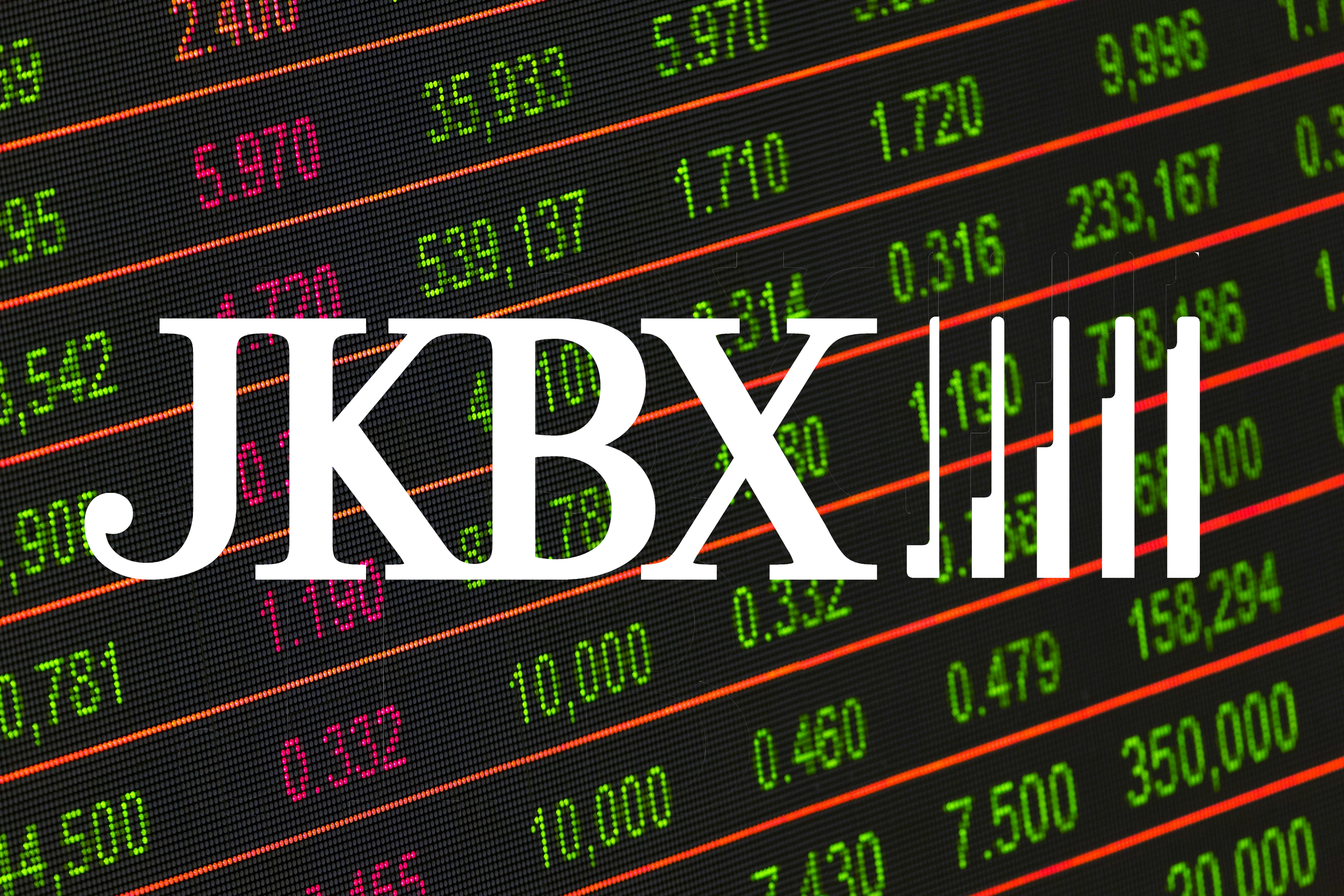JKBX: Marketing Fad or Investment Revolution?
JKBX is an investing platform that lets you buy shares of songs as if they were stocks. Photo by Pixabay via Pexels, JKBX Logo via JKBX
JKBX, pronounced ‘jukebox’, is a platform launched in early March, where fans and investors alike can buy U.S. Securities and Exchange Commission-approved shares of their favorite songs. Some of the songs listed include “Halo” by Beyonce, “Burn” by Ellie Golding and “Welcome to New York” by Taylor Swift. Shareholders make their money through royalties — essentially, songwriters, producers and other contributors make a particular percentage in royalties whenever a song is played.
Through this platform, investors can now take a financial stake in the success of a song, with shares holding higher values the more that a song is played. Because of the nature of music royalties, with songs often having a copyrighted recording and a copyrighted written song, the platform offers shares for both the recorded song and a song’s written composition.
There are 85 songs currently listed on the platform, all of which are either written or recorded by one of three partners in the company: Ryan Tedder, Major Lazer and American Authors. New songs are not actively listed on the site, with only ‘catalog’ songs, or songs no longer being promoted, being available to invest on the platform.
The concept of investing in an older song is enticing when considering that certain songs do have dramatic spikes in popularity as a result of emerging TikTok trends — recalling the “Dreams” by Fleetwood Mac, the Cranberry Juice and Skateboarding or the “Give It To Me” by Timbaland, Skibidi-toilet phenomenons aren’t difficult.
Investing in intellectual property — intangible creations developed by the human intellect — isn’t new, since investing in patents is common among manufacturing companies and independent investors. However, this form of IP investment is often restricted to those with a significant amount of financial capital.
JKBX provides an opportunity for the grassroots investor, the average person, to take a stake in intellectual property, making the diversification of an investment portfolio a more accessible practice. As a result, JKBX can bring IP investment to a mass population of people, creating a more financially literate class of smaller, retail investors.
There are questions that the platform raises, and the enthusiasm for the platform within the music industry doesn’t seem to have carried over to the financial world.
WIRED calls it the "next meme stock," and KTLA refers to it as a "cool way to invest in the music biz," but after noting that the platform can only provide 3-4% in average returns — less than the average money market savings account — it implicitly relegates the platform to ‘fad,’ even to ‘alternative song marketing’ status, rather than a viably lucrative way to diversify a portfolio. This analysis, while rough, isn’t inaccurate.
From a marketing perspective, the JKBX platform creates an alternative way for fans and superfans to interact with their favorite songs. Buying shares of a song will have a similar effect to buying any other form of merchandise, creating an attachment that results in the individual fan more intimately interacting with their favorite songs — it becomes hard not to like a song when you have a financial stake in it.
It isn’t impossible to imagine a Taylor Swift superfan buying shares of “We Are Never Ever Getting Back Together,” which is not offered on the site, and streaming it religiously, therefore rekindling any love they might have for the song and contributing to their quarterly dividends as a result. The industry has been increasing its focus on ‘superfans’ and ‘experiential marketing,’ i.e. fan experiences; JKBX is a way for fans to become superfans, and for superfans to interact with their favorite songs in a novel way.
It would be exciting to see ‘frontline,’ or newly released songs, be available for investment on the platform, as this could allow users to play artists and repertoire, investing in artists they believe will become popular, further enhancing the bond between fans and smaller artists.
From a financial perspective, however, enthusiasm is low. The low percentage returns and the lack of a secondary market — where shareowners can buy and sell their royalty shares — indicates a low level of attractiveness for investors looking for new ways to increase the diversity of their portfolio.
Spikes in song popularity may result in lucrative gains; however, the randomness with which these songs spike in popularity, and the current lack of breadth in song offerings may unfortunately relegate the platform to an alternative marketing material for artists to interact with their fans with.
JKBX has genuine merit as an idea — it’s a matter of seeing if this merit aligns with the platform’s intended purpose.
